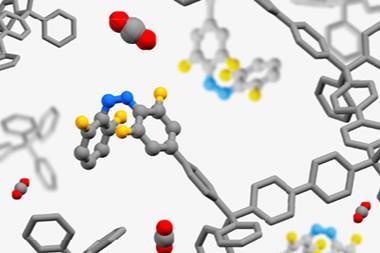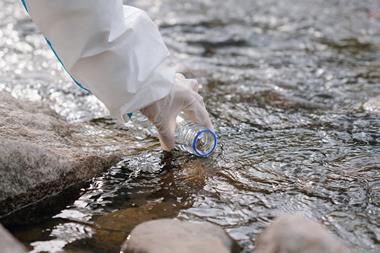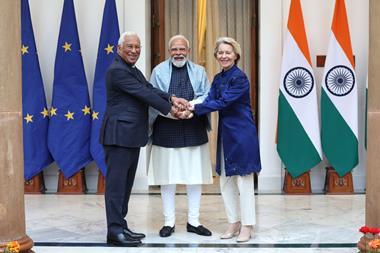Pharmaceutical company wins injunction against proposed patent streamlining
Pharmaceutical giant GlaxoSmithKline (GSK) has temporarily blocked the US Patent and Trademark Office (PTO) from implementing new rules, which it fears could prevent innovators from obtaining adequate patent coverage on their inventions.
GSK had filed a lawsuit against the PTO’s proposed rules on 9 October; on 31 October a federal court in Virginia granted the company’s request for a preliminary injunction - just one day before the new rules would have gone into effect.
The PTO’s changes were intended to streamline the patent application process, by putting limits on the number of times companies could file changes to existing patent applications (’continuations’), and on the number of claims they could make about an invention. Currently, both are unlimited.
’The potential harm that this would have caused is enormous,’ said Virginia patent attorney Gene Quinn. ’If these rules had gone into
effect, companies would be able to file fewer patent applications, and if they did get a patent they would have more watered-down rights.’
Under the PTO proposal, companies could file no more than two applications, with up to 25 claims. If they wanted to exceed the quota,
they would have to pay additional fees and prove that the amendment could not have been submitted when the application was originally filed.
The rule would have disproportionately affected the chemical and pharmaceutical industries, experts said. ’Those two sectors especially
live and die by their patent rights,’ Quinn told Chemistry World. ’They have a lot of money and time invested in a handful of inventions, so
they would be impacted much more than a Microsoft or an IBM.’
Another concern was that the rule is retroactive and would apply to any patent currently awaiting PTO review. GSK estimates that it has 100 patent applications pending that could be impacted.
’These rules engage in a lot of burden shifting - pushing a lot of the work back onto the patent holder, and they’re outside the scope of the PTO’s statutory mandate,’ said Virginia patent attorney John White.
Companies rely on the protection afforded by the current patent system in determining whether it is cost-effective to abandon their trade
secret protection by pursuing a patent, US District Judge James Cacheris said in his opinion. ’Implementation of the Final Rules changes those companies’ calculus and immediately decreases their ability to pursue costly new innovations,’ he concluded.
The PTO said the current rules will apply until ’further notice’. Despite the celebration by industry and patent lawyers, GSK’s victory is only procedural at the moment. A final decision on the matter could arrive before the year’s end.
Rebecca Trager is US correspondent for Research Day USA
Enjoy this story? Spread the word using the ’tools’ menu on the left.






No comments yet